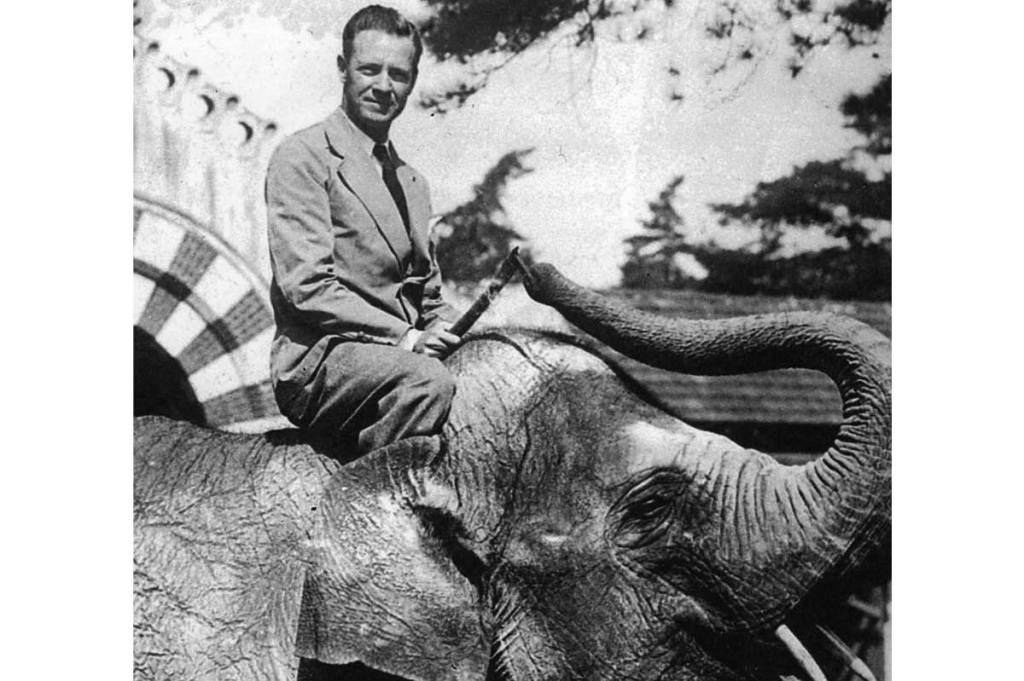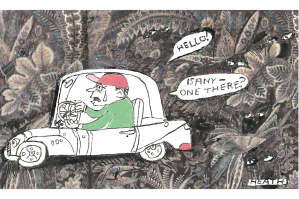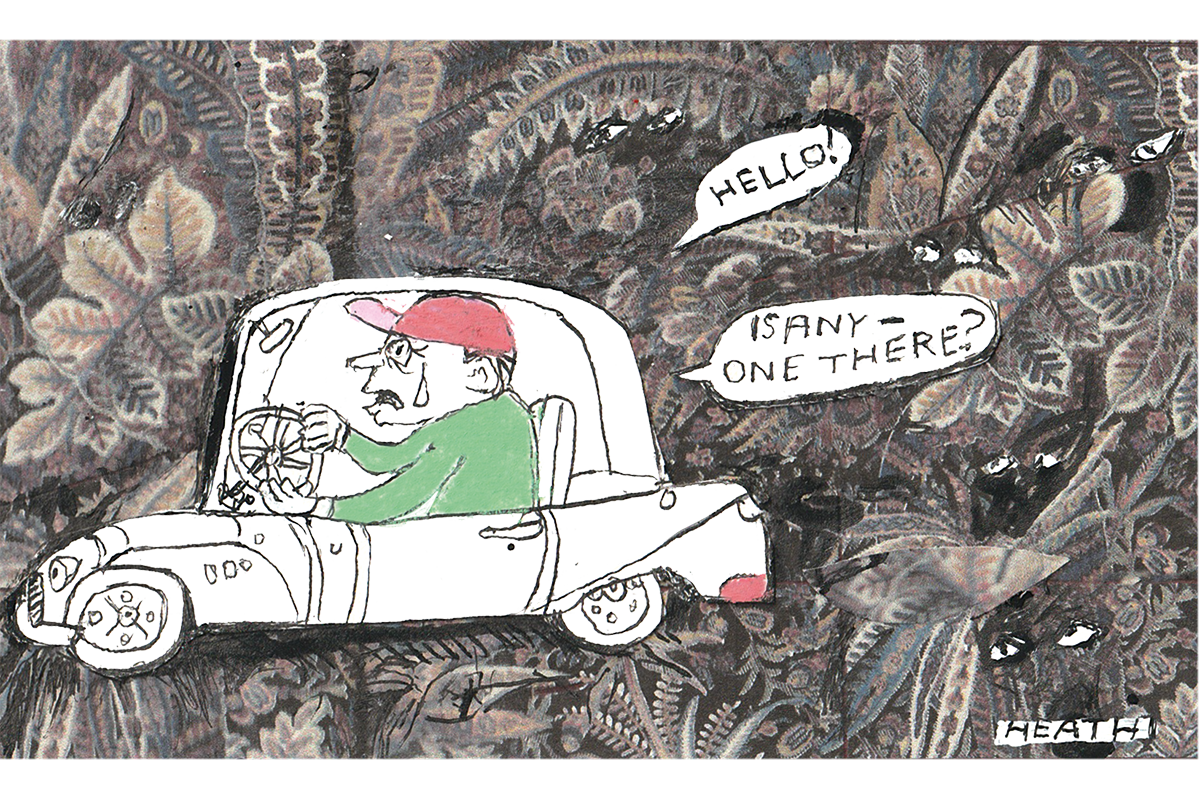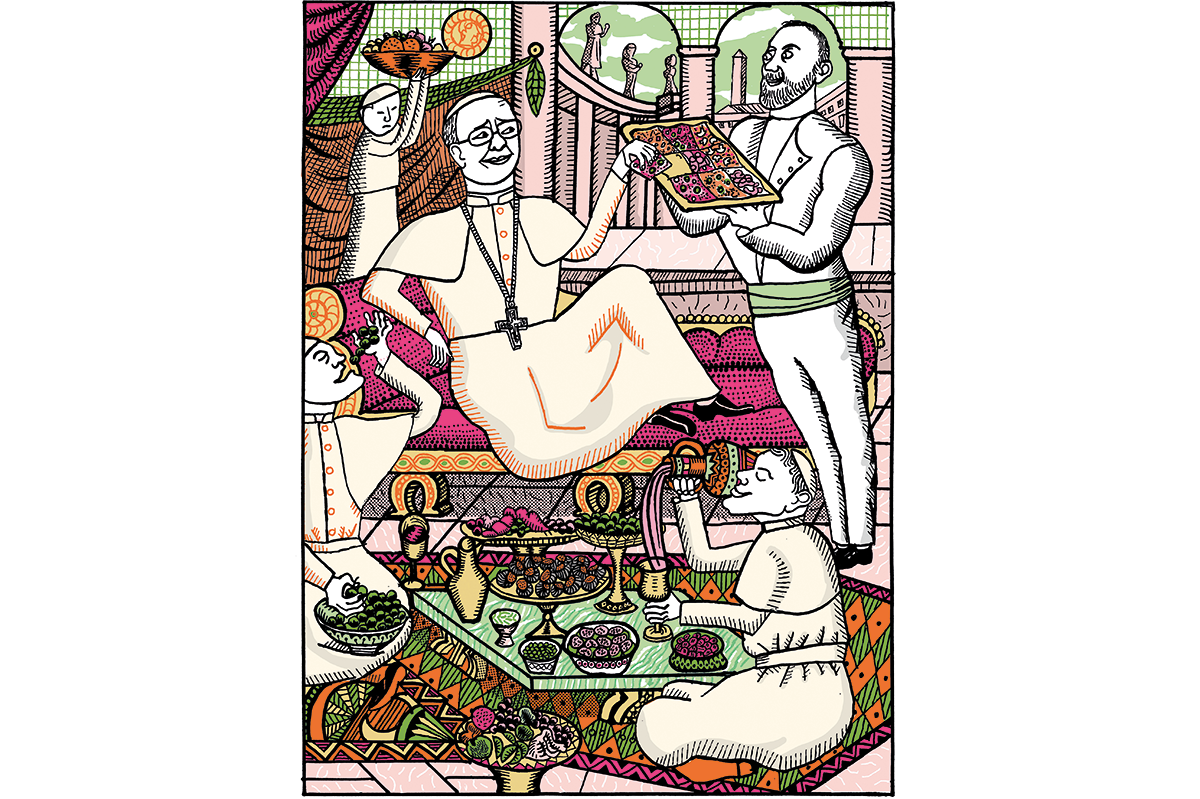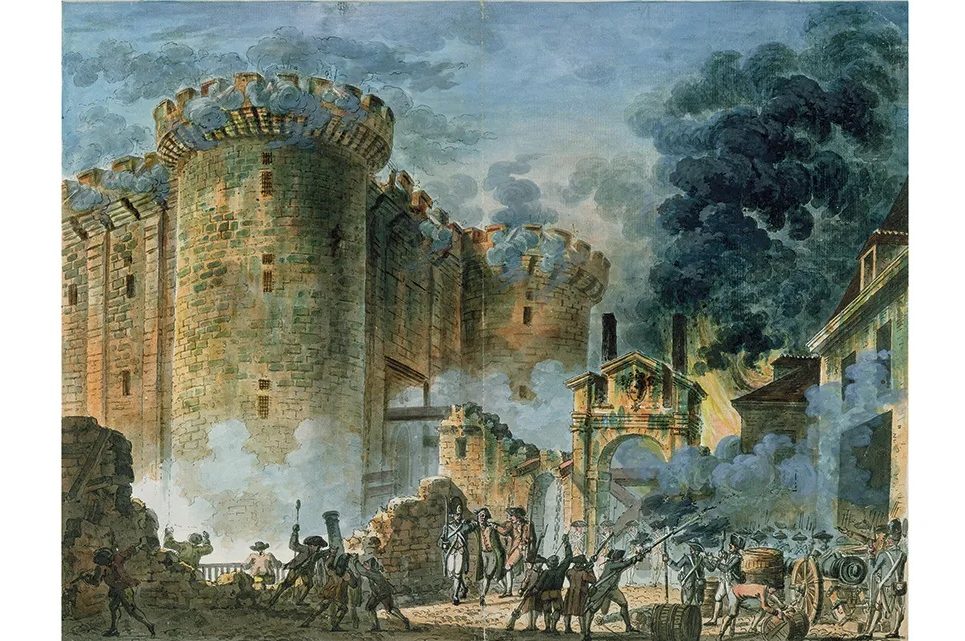A sailor; a conqueror of the most treacherous mountain peaks; a man who wades defiantly under the stars of the Far East sky; a dashing writer who pursues his mark as a hunter on safari; an explorer who rides elephants through the Alps. This is not a collection of young men, newly emancipated by the end of the Great War and a new era of global empires. It is the nearly improbable life of one man, Richard Halliburton, whose swashbuckling existence was inspired by everyone from Daniel Defoe and Rupert Brooke to Odysseus.
Halliburton was the self-proclaimed protagonist of his own heroic epic. He decided in the days before his graduation from Princeton in spring 1921 that he would forgo a life of tedious expectations and “let those who wish have their respectability.” Halliburton wanted “freedom, freedom to indulge in whatever caprice struck my fancy, freedom to search in the farthermost corners of the earth for the beautiful, the joyous and the romantic.” That was the wellspring of The Royal Road to Romance, the book that launched his incredible career and inspired a generation of young men and women to investigate the call of wanderlust.
It was the urge to satisfy his own hunger for romance that led Halliburton to embark on his first journey overseas from New York, concealing his Princeton pedigree with seaman’s clothes and a “soup bowl” haircut on board the small cargo boat Ipswich. “I hungered for the romance of the sea, and foreign ports, and foreign smiles. I wanted to follow the prow of a ship, any ship, and sail away, perhaps to China, perhaps to Spain, perhaps to the South Sea Isles, there to do nothing all day long but lie on a surf-swept beach and fling monkeys at the coconuts.”
Where Halliburton eventually landed was in Germany, on the way to his first feat: summiting the Matterhorn in Switzerland. Halliburton, whose only mountaineering experience was lumbering up cathedral stairwells, convinced his guides he was a seasoned climber. Commencing his perilous journey, he wrote of the mountain: “Its majesty, its imperious sweep into the blue heavens, its romance and tragedies, fired my imagination anew until any possible substitute expedition became drab and insipid… here was a new and rare sensation worth almost any price — something beautiful, joyous and romantic all in one.”
Halliburton reached the pinnacle of the Matterhorn, but his whirlwind, fantastical journey around the world was just beginning, as was his rising fame.
He counted Lady Bird Johnson and Walter Cronkite among his many readers; in his book, A Reporter’s Life, Cronkite credited a lecture by the dashing Halliburton as inspiration for his own career in journalism. Halliburton’s dispatches from abroad reflect his adventurous persona — he did everything from hunting Bengal tigers in India to swimming the length of the Panama Canal. His feats attracted condescending insults along with admirers; Vanity Fair called his fantastic tales “transparently bogus,” and placed him on their list of celebrities “we nominate for oblivion.”
But it wasn’t the literary critics nor his well-heeled peers from whom he sought approval. His contract with Ladies’ Home Journal during the height of the Great Depression kept both Halliburton afloat financially and the publication’s readers supplied with grand tales of exotic climes. It also prompted Ernest Hemingway to condescendingly call him “the Ladies’ Home Journal adventurer.” The criticism didn’t deter the charismatic Halliburton. He kept up his peripatetic lifestyle: securing funds (and income) for his travels, writing magazine series and books under contract and undertaking wildly popular lecture tours. In his relatively short professional career — he died in spring 1939, aged thirty-nine, when the Chinese junk he was sailing across the Pacific was lost at sea — he produced a stunning amount of work. When not traveling, he gave fifty lectures a month, wrote seven books and churned out innumerable reports of his adventures for the Journal.
Caught between two seminal eras — too young for World War One, and dying at the start of World War Two — Halliburton symbolized a time when the world was ripe for exploration.
“I am young, I am twenty years old; yet I know nothing of life but despair, death, fear and fatuous superficiality cast over an abyss of sorrow. I see how peoples are set against one another, and in silence, unknowingly, foolishly, obediently, innocently slay one another,” says the protagonist of Erich Maria Remarque’s novel All Quiet on the Western Front, capturing the mood of a war-weary world, staggered at its own inhumanity. Gertrude Stein branded this entire generation as “lost,” and Hemingway and his disillusioned peers adopted its cynicism as their worldview and literary legacy.
In Richard Halliburton: His Story of His Life’s Adventure, as Told in Letters to His Mother and Father, written after a 1919 trip on a break from Princeton, Halliburton gave this reply to his father, who had urged him to return to a life of “even tenor”:
I hate that expression and as far as I am able I intend to avoid that condition. When impulse and spontaneity fail to make my “way” as uneven as possible then I shall sit up nights inventing means of making life as conglomerate and vivid as possible. Those who live in the even tenor of their way simply exist until death ends their monotonous tranquility. No, there’s going to be no even tenor with me. The more uneven it is the happier I shall be. And when my time comes to die, I’ll be able to die happy, for I will have done and seen and heard and experienced all the joy, pain, thrills — every emotion that any human ever had — and I’ll be especially happy if I am spared a stupid, common death in bed.
If the writers of the Lost Generation affected a disenchanted cynicism, Halliburton released a spirit of joie de vivre. The Royal Road to Romance and the following The Glorious Adventure might be considered artless and gauche. Still, his daredevil ethos of being the dauntless crusader in fearless pursuit of the next, grander expedition brought glory not only to Halliburton but excitement to a population desperate to move on from the devastations of war and who were, in the latter half of the 1920s, enjoying a windfall moment of peace and prosperity.
Halliburton traveled to France where, at Chinon, he paid homage to “Richard Coeur de Lion, the foremost” of his boyhood heroes. Then Seville, Monte Carlo and Egypt, where he famously swam in the river Nile, finding “the water was refreshing, after the heat and dust of the baked streets.” And on went Halliburton’s journeys — to India, the Vale of Kashmir and the Himalayas, stopping only to send his dispatches to the Journal and replenish his coffers.
Halliburton’s carefree, vagabond attitude intrigued millions of Americans. “We are born strangers in a strange land,” he observes, “and remain so. Travel simply reminds us of this essential truth. The transmission of a powerful story, one human to another, is an alchemical activity in which we are enlarged and changed.”
The collapse of the Western economy in the 1930s fed public hunger for escapism, though its style was noticeably different from that immediately postwar. Armchair adventure might distract from money worries; an energetic and daring personality like Halliburton’s offered vicarious excitement.
So how did this man of adventure — who seemed omnipresent with his myriad radio appearances, publicity events, lectures, books and magazine articles — fade into the ether? How did a man who captured the imaginations of millions and lifted their spirits in a difficult period become little more than a footnote of popular culture? Perhaps it was the populism at odds with critical favor, or his untimely death. A new generation had its own adventures abroad, but theirs were unglamorous battles all over Europe and in the Pacific, not breathless escapades and carefree expeditions in distant locales. Perhaps it was time for a generation to grow up and out of the imaginations of their youths and live in the “even tenor” Halliburton’s father recommended.
In the process, we may have lost something through dismissing our own youthful exuberance and abandoning the pursuit of adventure through literature. Resurrecting the spirit of Halliburton might help shake the staleness of the “safetyism” we see around us, in a post-Covid world changed by isolation, paranoia and fear. Halliburton may have written in an overindulgent and extravagant style, but it is an abundance readers shouldn’t spurn.
It was his carefree nature and ambition, undaunted by uncertainty, that fed the imaginations of readers. At one point, leaving Calcutta and recently paid, he contemplated a return home with full pockets and writing material.
But he hesitated. “For seventeen months you have been a vagabond, and now, just because you’ve made a little money, you’d throw over your original determination and spoil everything at this late hour for a private bath and a derby. The Royal Road to Romance! — all right so far — but if you start paving it with money, this…will be the end.” So he was off to Hong Kong, Macao and Peking. With Halliburton, the question was always, “What next?”
In his foreword to a recent edition of The Glorious Adventure, Tahir Shah writes, “Lyrical, light-hearted and passionate without end, the book must have been a hymn to thousands of young men about to be hammered by the Wall Street crash of 1929.” The reason Halliburton set out is as spirited as his quest itself. Halliburton wrote:
Suddenly I became bored and impatient with everything I had and was: bored with people, bored with knowledge. I realized I didn’t want knowledge. I only wanted my senses to be passionately alive, and my imagination fearlessly far-reaching. And instead, I felt I was sinking into a slough of banality. Adventure! Adventure! That was the escape; that was the remedy.
Halliburton’s adventures were inspired by his own avidity and the sense of adventure he drew from travelers as varied as Odysseus and Marco Polo. One can only imagine the possibilities — and people — similar adventures could inspire in our time.
This article is taken from The Spectator’s June 2023 World edition.



